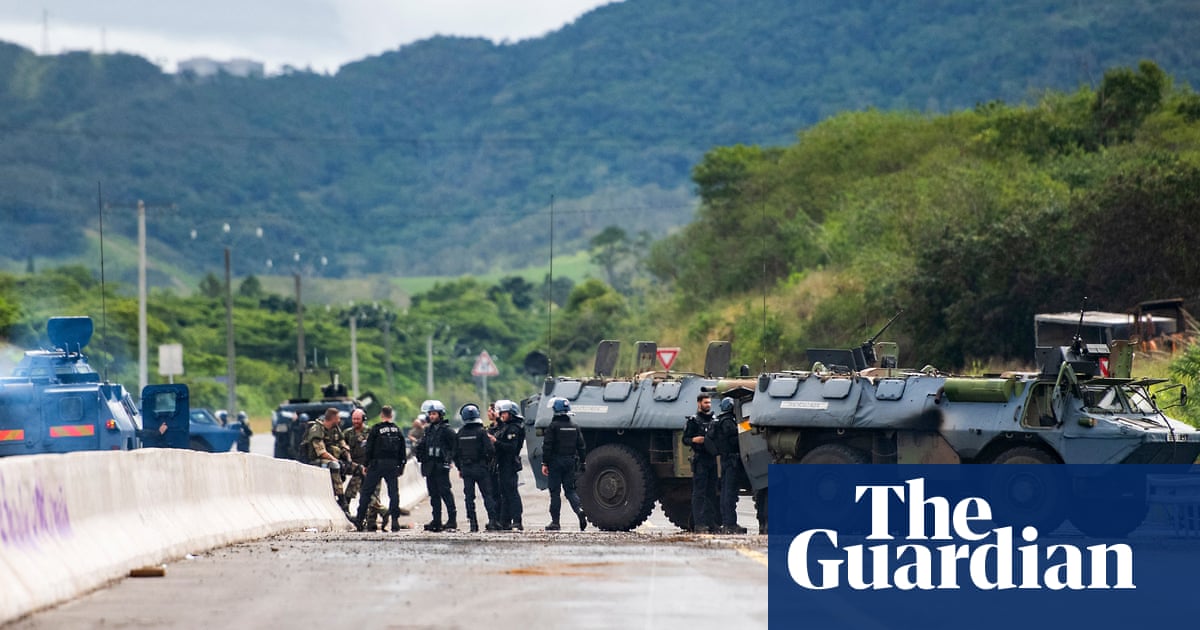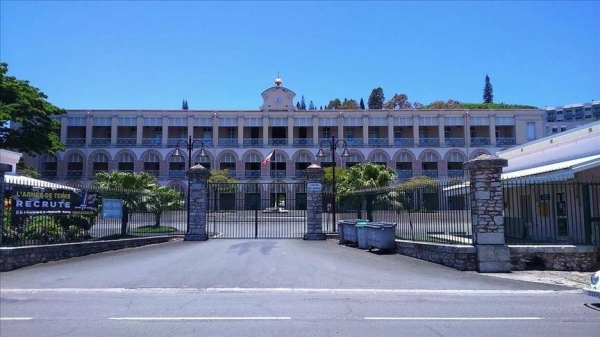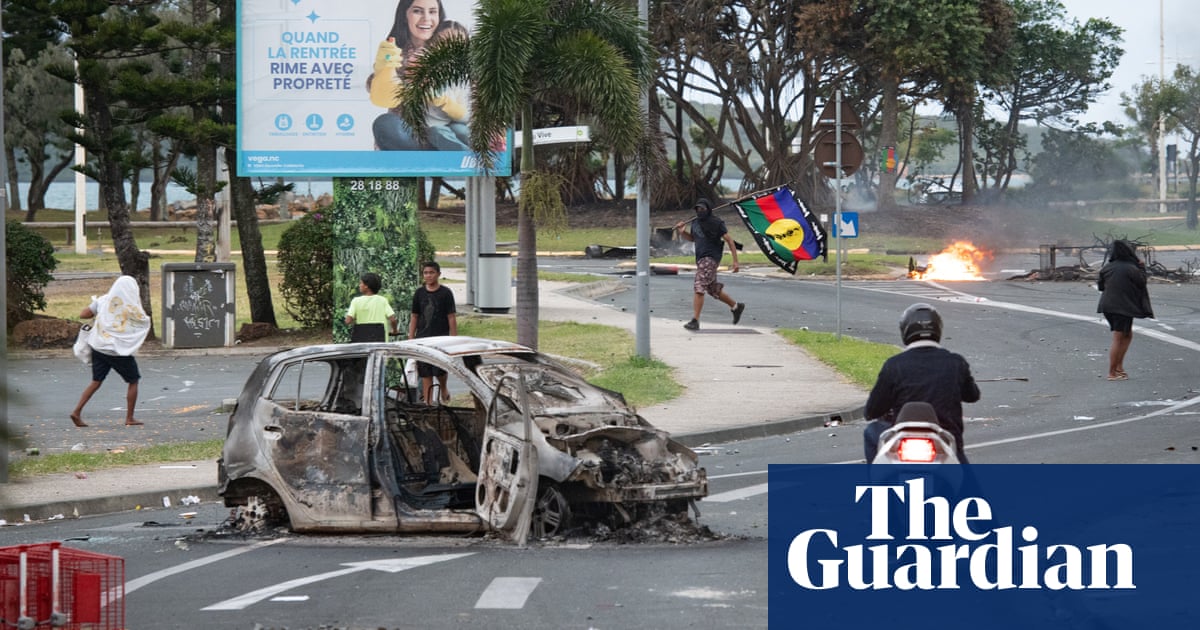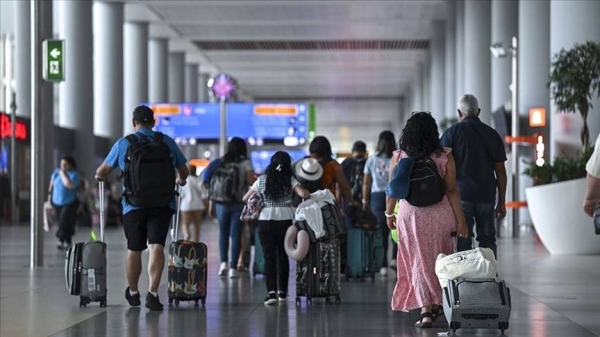
Controversial voting reforms in New Caledonia will be suspended, Emmanuel Macron has announced, after a period of deadly unrest in the French Pacific territory.
The reforms, which would have altered voting rights, are contested by the Indigenous Kanak people who say they would be marginalised further should the changes go through.
“The constitutional bill regarding New Caledonia … I have decided to suspend,” the French president said on Wednesday.
Macron visited New Caledonia in May after anger over the electoral reforms sparked weeks of unrest, arson and looting that left nine people dead in the worst violence on the archipelago in decades.
After 18 hours on the ground, he left promising that the reforms would not be pushed through by force, but the situation would be reviewed again within a month.
Now, it appears the French president has made a firmer decision.
“We cannot leave ambiguity during this period. It must be suspended to give full strength to dialogue on the ground and the return to order,” Macron said.
Although approved by both France’s National Assembly and Senate, the reform was waiting on a constitutional congress of both houses to become part of the basic law.
But with the National Assembly dissolved ahead of a snap election called by Macron, the congress could not have been held by the deadline of 30 June – the day voters will now go to the polls in the first round of the election.
Pro-independence movements had already seen the voting reform as dead and buried given the snap parliamentary elections, triggered by the defeat of Macron’s allies by the far right in Sunday’s European elections.
“We can all agree that the European elections saw off the constitutional bill,” the Kanak Liberation Party (Palika) said Wednesday before Macron’s remarks. “This should be a time for rebuilding peace and social ties,” it added.
Violence in New Caledonia flared on 13 May in response to attempts by Macron’s government to amend the French constitution and change voting lists in New Caledonia.
Indigenous Kanak people make up about 41% of the population and the changes would give voting rights to tens of thousands of non-Indigenous residents. Local leaders fear the change would dilute the Kanak vote and undermine longstanding efforts to secure independence.
During the unrest, both sides of New Caledonia’s bitter divide – Indigenous Kanaks who want independence and those loyal to France – erected barricades. Some were revolting against authorities and others were protecting their homes and properties.
Parts of the capital, Nouméa, were turned into no-go zones while Nouméa’s international airport was closed to commercial flights, with governments launching repatriation flights for stranded tourists.
France declared a state of emergency in its Pacific territory on 15 May and rushed hundreds of troop reinforcements to help police quell the revolt.
The French justice ministry on Wednesday confirmed the death of a 34-year-old man on Tuesday, who had been injured during a confrontation with police on 29 May.
An autopsy has been ordered and an investigation into the use of force by the gendarme involved is also under way.
Louis Mapou, president of New Caledonia’s government, expressed his condolences and called for calm.
“I urge the immediate removal of barricades and a return to peace,” Mapou said.
The French government has extended an overnight curfew across the archipelago until 17 June.












